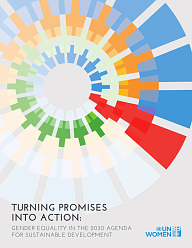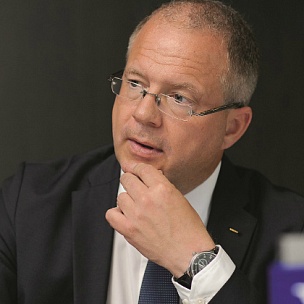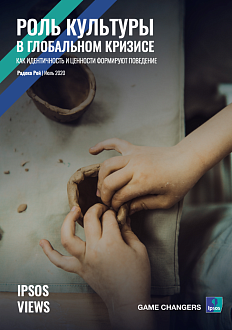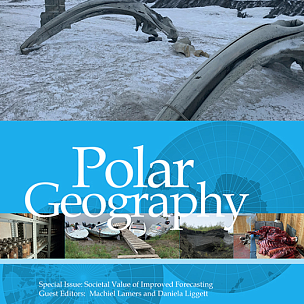Ensuring equality between men and women is one of the most important recognised tasks facing the world community and is at the center of the list of sustainable development goals until 2030 adopted by the UN General Assembly. The development of mankind is possible if all possible benefits are equally earned by both men and women and if the protection of womens rights is an integral part of the overall efforts to protect the planet and ensure that all people can live with dignity and respect for each other. The goal to reckon with every woman and girl requires drastic changes not only in equalising the social and economic indicators of each gender, but also in ongoing social policies, programs and accounting. While developed programs retain the potential to improve the lives of women around the world, problems remain to be daunting.
The large-scale extraction of natural resources, climate change and environmental degradation are undermining the livelihoods of millions of women, particularly in the developing world. Fear-based orthodox economic policies implemented by many countries continue to deepen inequalities. The issue of insufficient legislative regulation at the state level, for example, concerning harassment or domestic violence remains acute. Civic space protecting womens human rights is shrinking and facing threats and persecution by both state and non-state actors. Gender inequalities manifest themselves in every dimension of sustainable development. There are 122 women aged 25-34 living in extreme poverty for every 100 men of the same age group. The gender pay gap stands at 23 per cent against women globally and it will take another 68 years to achieve equal pay.
Experts say that a lack of protection is also an issue of relationships between the sexes. One in five women aged 15 to 49 experienced physical and/or sexual violence by an intimate partner within the last 12 months. [ /upload/images/content-img.png ] [ /upload/images/content-img(1).png ]

.png)
At the same time, UN experts found positive trends. In particular, in the field of education: today on the planet more women go to school than ever before, and many of them study longer. Progress on some fronts may be undermined by regression or stagnation on others; and potential synergies may be lost if siloed approaches to implementation take precedence over integrated, multisectoral strategies.






